
Devallis Rutledge
DA Special Counsel

DA Special Counsel

From time to time, we get a really helpful decision that can make our jobs easier, and yet few people seem to learn about it or realize its significance. Here are 10 such decisions from the U.S. Supreme Court.
Read More →
Many arrests are made without a warrant, of course. However, where the circumstances permit, "Law enforcement officers may find it wise to seek arrest warrants where practicable to do so." (U.S. v. Watson)
Read More →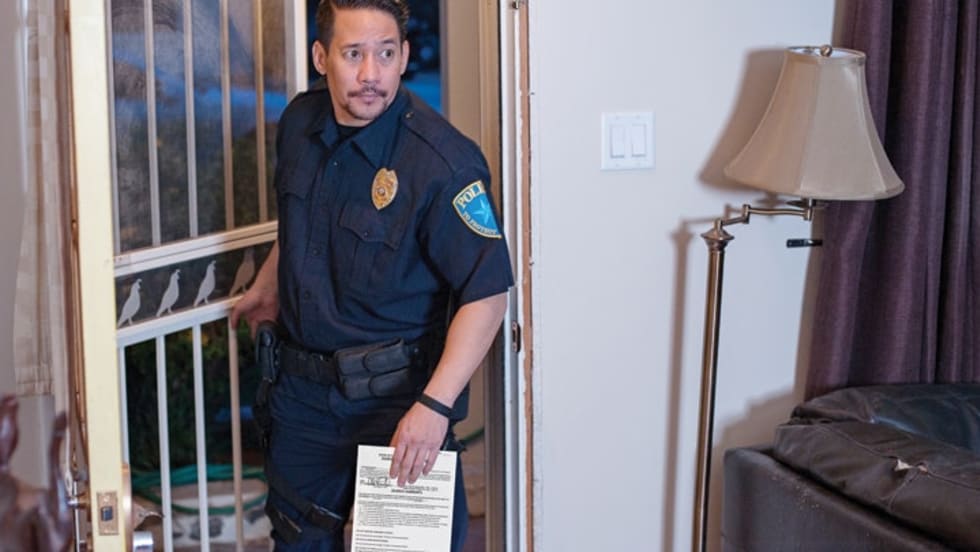
Having a warrant does not guarantee that your actions will always be upheld. Every officer participating in the execution of a search warrant should be familiar with the following guidelines.
Read More →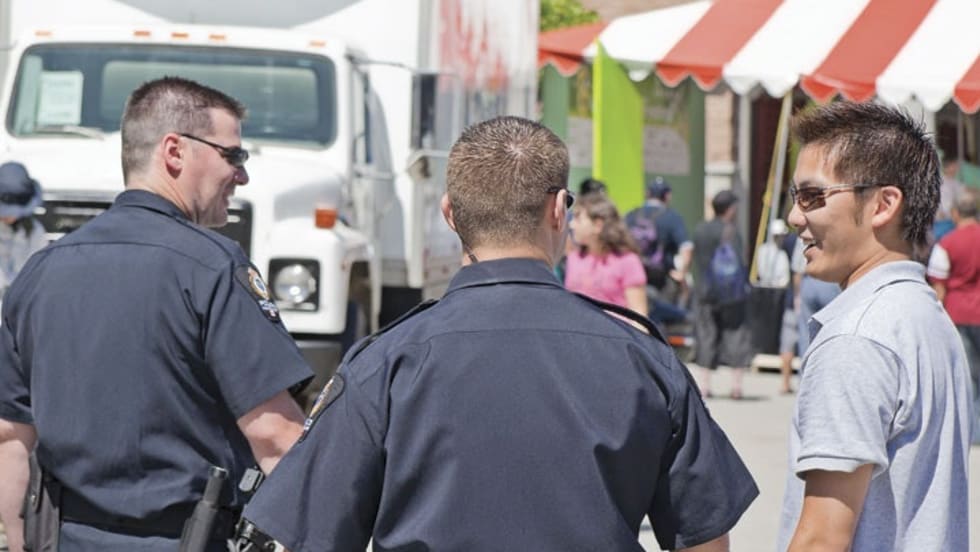
The well-trained, self-disciplined, smart law enforcement officer first tries a consensual encounter, before resorting to a detention that may or may not win judicial approval.
Read More →
If, God forbid, you have to shoot someone on the job, here are some possible consequences you may find yourself enduring for the next several years, even though you may have been completely justified in your use of deadly force.
Read More →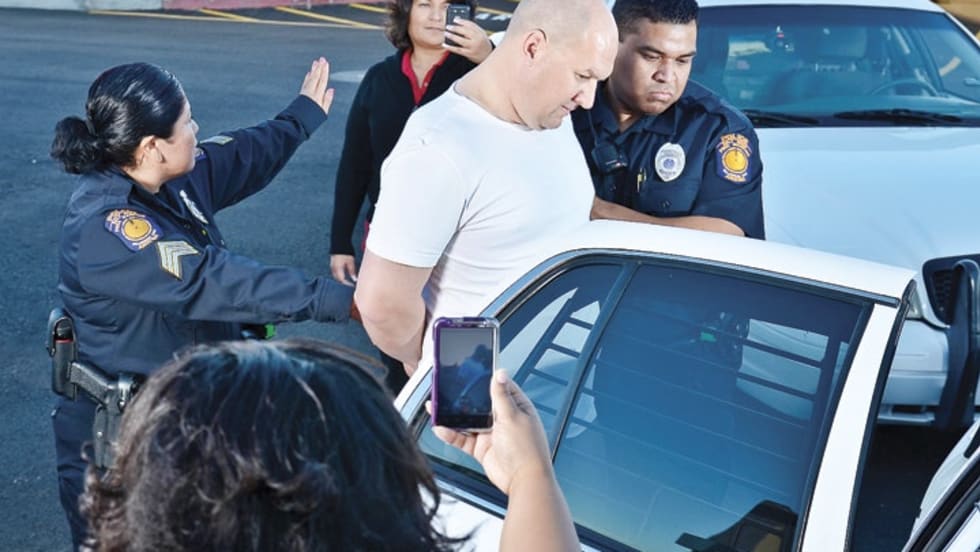
There are times when "tactical language" may be the only thing some suspects respond to. But that doesn't mean profanity should be your default method of communicating with everyone with whom you come in contact.
Read More →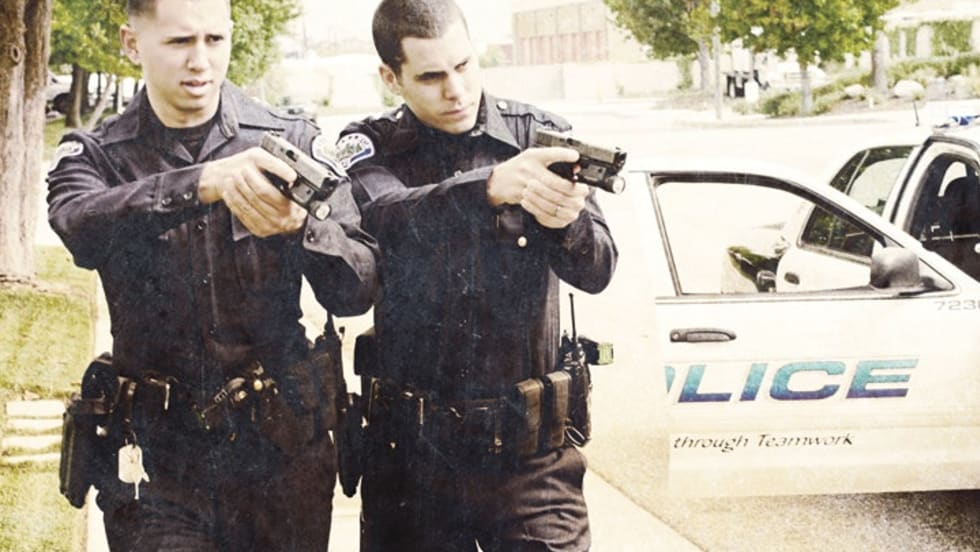
In the age of ubiquitous video and mushrooming oversight, how can you ensure that your use of force does not bring unwanted discredit upon you, your department, and the entire profession? The same as always: Know the law, and comply with it.
Read More →
Sometimes, people run when they see you coming. May you chase them? If you do, does that amount to a "show of authority" constituting a detention, requiring reasonable suspicion?
Read More →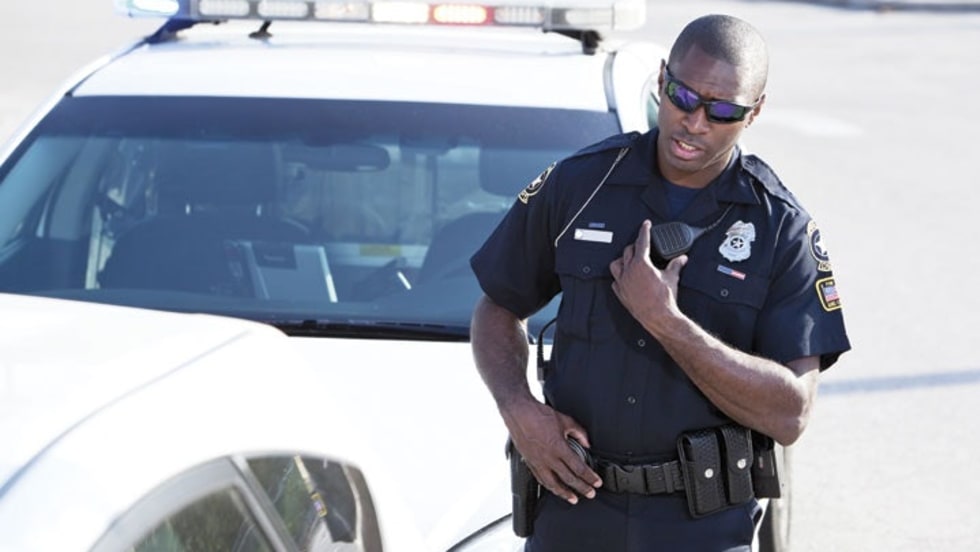
In some cases, the U.S. Supreme Court has ruled that particular searches and seizures need only "reasonable suspicion" to be constitutional—not the higher justification level of probable cause. What's the difference, and when is reasonable suspicion sufficient?
Read More →
A supreme court decision might have the adverse effect of making it easier for motels conspiring with criminals to thwart police investigations.
Read More →